The literals and acronyms used in the shipping and logistics occupations are quite numerous, which could cause many misunderstandings in the immense business system. One of those terms is CFS, short for Container Freight Station. In this guide, you will read about what CFS stands for, what it does, and why it is relevant in the shipping industry.
What is CFS?

Container Freight Station (CFS) is a certified location to which goods can be collected and packed into the containers or from which they can be unloaded out of a shipping container. CFS provides an important segment in the logistic chain as they are responsible for the distribution of the goods in order to reach the intended consumers or end users.
Functions of a CFS in container freight station
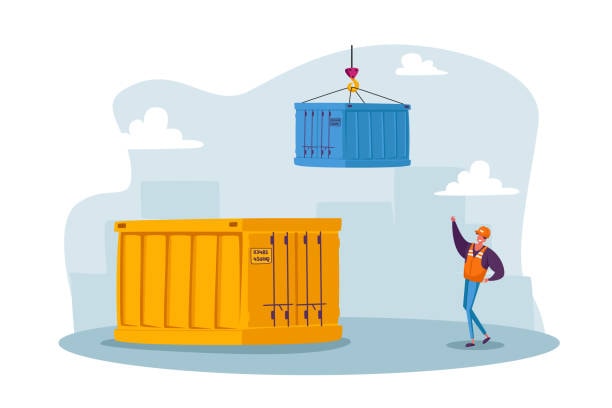
These are the functions of a CFS:
Cargo Consolidation:
- In CFS, a number of small consignments from several suppliers are grouped together in one container. This integration assists in cutting costs incurred in transportation and the general workflow is made much easier in container load.
Cargo Deconsolidation
- It becomes the duty of the CFS to sort the items that are in the container into individual shipments upon the container getting to the port of delivery. This process is very important in ensuring that distribution takes place among different people.
Customs Clearance procedures
- Some of the CFS facilities may be in charge of customs formalities, which involve checking and confirming that all the documents that are supposed to support the shipment are well processed for international business. This step is quite crucial in order to minimize or, in some cases, avoid bracketing and consequently financial penalties.
Inventory Management
- CFS facilities also have to oversee the inventory of the goods, including tracking and storing them.
Quality Control and Inspection
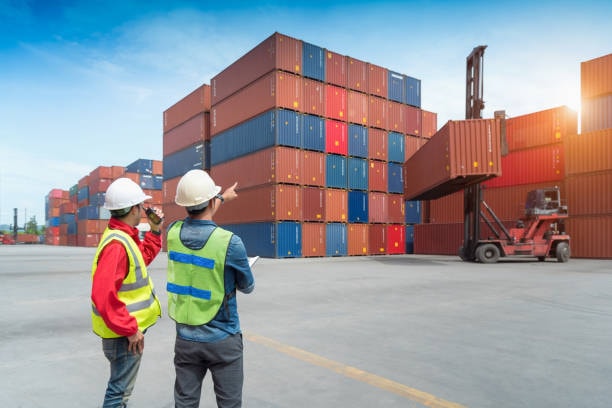
- Many products are checked for quality and conformity to particular requirements before they are shipped across the country. This step ensures that end consumers or society at large are protected from low-quality products cfs fees typically cover.
Importance of CFS in Shipping
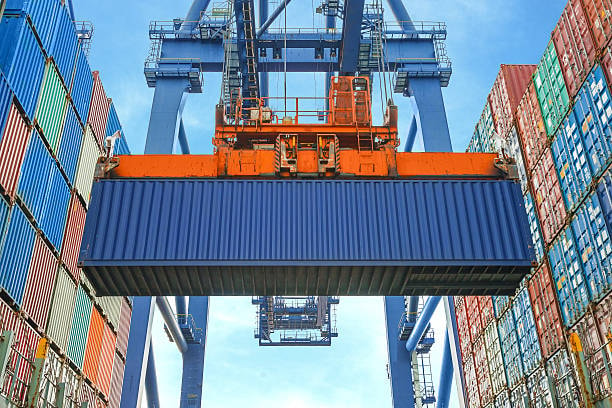
Importance of CFS in Shipping:
Cost Efficiency:
- On this basis, CFS is beneficial for businesses as it combines several small lots in one container and, therefore, saves on shipping expenses container loads. This cost savings can go a long way toward improving the company’s business, especially in the area of its balance sheet.
Improved Logistics:
- Entities established for CFS speed up the flow of merchandise, removing confusion at the same time container yards. These improvements in the logistic systems assist in providing timely deliveries and good service to the users.
Enhanced Customs Compliance:
- Most CFS facilities have specific staff members in charge of customs formalities, thus ensuring that the respective companies adhere to the legal requirements of importing goods into the country without incurring possible setbacks in their operations imported and exported goods.
Flexibility and Scalability
- CFS provides feasible solutions for ventures of all types, ranging from individual merchandisers to multinationals loaded containers. Since it encompasses the management of fluctuating traffic levels of cargo, it is a key actor in international business.
What Is the Purpose of a Container Freight Station?
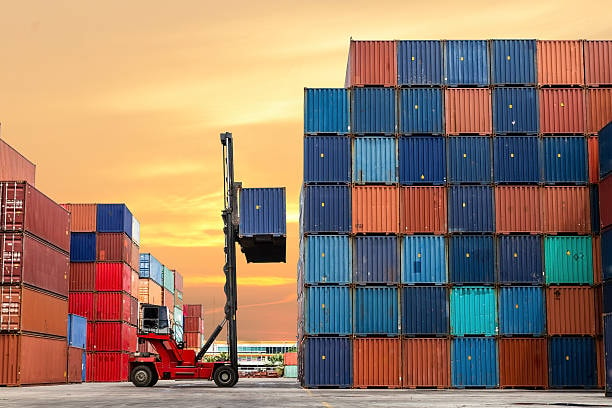
Briefly, a Container Freight Station (CFS) plays as a central point in the distribution process of the cargo just before it is packed in the shipping containers or immediately after being unloaded from them. Its prime function is to pack numerous tiny orders received from different suppliers into one container to cut on the costs of shipping. Otherwise, on realizing that the container has arrived at the port, the CFS unconsolidates the shipments to distribute the cargo lcl shipment. Moreover, the CFS facilities be responsible for the customs formalities, that all papers the necessary documentations are processed accordantly with the international laws and regulations lcl shipments. This function serves as something helpful to maintain the effectiveness in global trade and at the same time reduce the time and possible penalties and therefore CFS is a necessity to guarantee efficient and a cost-effective shipment container freight stations form.
What Are the Benefits of a Container Freight Station?
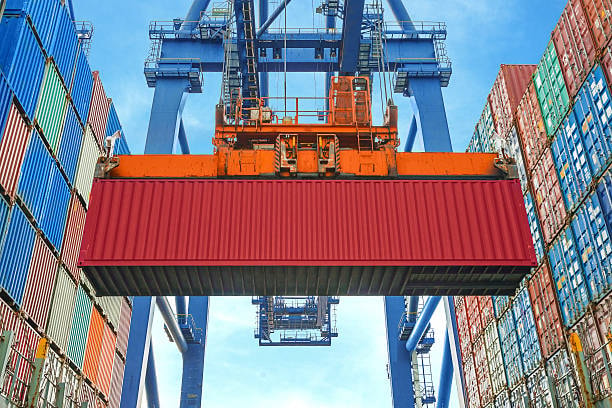
Container Freight Stations (CFS) offer several significant benefits:
- Cost Efficiency: Thus, through the fusion of many small consignments into one large container, CFS cuts costs of shipping for companies. They assist in achieving a high level of containers fill, increases the total efficiency, and results in an overall reduction of the cost of transportation.
- Streamlined Logistics: CFS facilities help in improving the logistics process since the facilities coordinate the process of consolidation and de-consolidation of cargos. This streamlining assists in preventing possible delays and mistakes in deliveries in order to be on time and correct.
- Simplified Customs Procedures: Customs clearance can also be arranged by CFS facilities since they will take care of it and make sure that all the requirements have been met. It also helps in the prevention constant delays and penalties which are associated with customs compliance.
- Improved Inventory Management: CFS facilities also maintain records and control of the inventories, follow closely to account for them and for placing them where they should be stored. This leads to better inventory control which is useful in stock management as well as the handling of the supply chain systems.
- Enhanced Quality Control: Some of the CFS facilities perform physical inspection and quality check on the goods in their facility before they are shipped or distributed. It is important for avoiding non-conformities, which mean that products are not meeting the legal requirements and are not of excellent quality since both aspects are vital in reducing the rate of dissatisfied customers and their compliance.
- Flexibility and Scalability: CFS offers the benefits of accessibility for the business with a lesser throughput of cargo as well as high throughput of cargo. Indeed, due to this flexibility, it is a necessary factor in carrying out business by small businesses to extent that it is useful to large trading companies.
In summary, CFS facilities remain valuable in the supply chain since this will help in the reduction of costs and other hurdles to smooth shipment of goods.
When does a CFS Station is used for shipments?
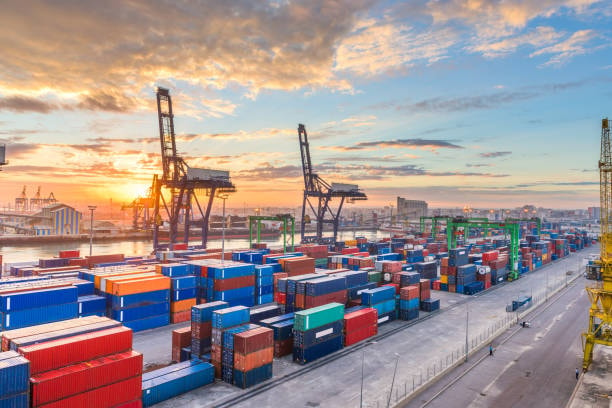
A Container Freight Station (CFS) is utilized for shipments at two key stages of the shipping process:
- Before Loading: When goods are near their destination and are bundled before they can fit into a single vehicle, a CFS is employed to compile various suppliers’ smaller Lots into one container. It aids in agglomeration of products to save space, cutting down on delivery costs as well as packing of the shipment.
- After Unloading: When the goods reach the destination port, there is an option to use a CFS that undertakes the task of de-consolidation of the content of the container. This entails the process of partitioning the consignment from the same consignor and distribute to different consignees. The CFS is also responsible for customs clearance and if there are any inspection or quality checking required on the goods before forwarding them to the end user, this is done here empty containers.
Thus, CFS plays an active role before the export container gets to the port of destination and also after the imported container has reached the port of origin; freight is efficiently dealt with during the shipping process.
How to Choose a CFS Provider
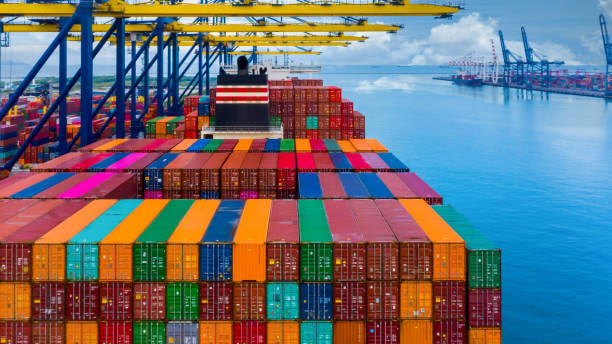
Reputation and Experience:
- Choose a CFS provider that has a good track record and has specialized in its current field for many years destination cfs. A child-centered education provider will be one that has a record of credible service delivery.
Facilities and equipment:
- Make sure that the CFS facility that would take your cargo has modern facilities and instruments to manage the cargo. This encompasses storage, handling, and inspection facilities that have to be put in place.
Customs Expertise:
- To minimize the occurrence of problems with international delivery, it is advisable to cooperate with a provider with experience in customs clearance. Qualified employees can cope with the numerous legal requirements governing the processes that take place in an organization.
Customer Service:
- Choose a CFS provider that has detailed customer support that attends to clients’ needs and responds to their queries promptly. Generally, good customer service provides a way through which your general shipment experience is improved.
Conclusion
This blog aims at identifying the functions of Container Freight Stations (CFS) so that it could be useful to the users or the shippers since it will help them make sound decisions on their choice of the next container yard station. Many companies do not have space to house all of their products or inventory, which is why CFS facilities are used to consolidate and deconsolidate cargo, perform customs work, and manage inventory, resulting in the cost-effectiveness of shipping full container loads. It can also be deduced that it is compulsory that one select the right CFS provider to enable the achievement of the best results along with the efficient and flawless functioning of the shipping process major railway hubs.
You may be interested in the following content:
- What You Need to Know About Container Transportation Costs
- China to US Container Transportation Guide
- Cost of shipping 40ft container from China to USA!
- SOC vs. COC Containers: Choosing the Right Fit for Your Freight
- International Container Transport, 2025 Comprehensive Guide
- Choosing the correct container: 20-foot container vs 40-foot container




